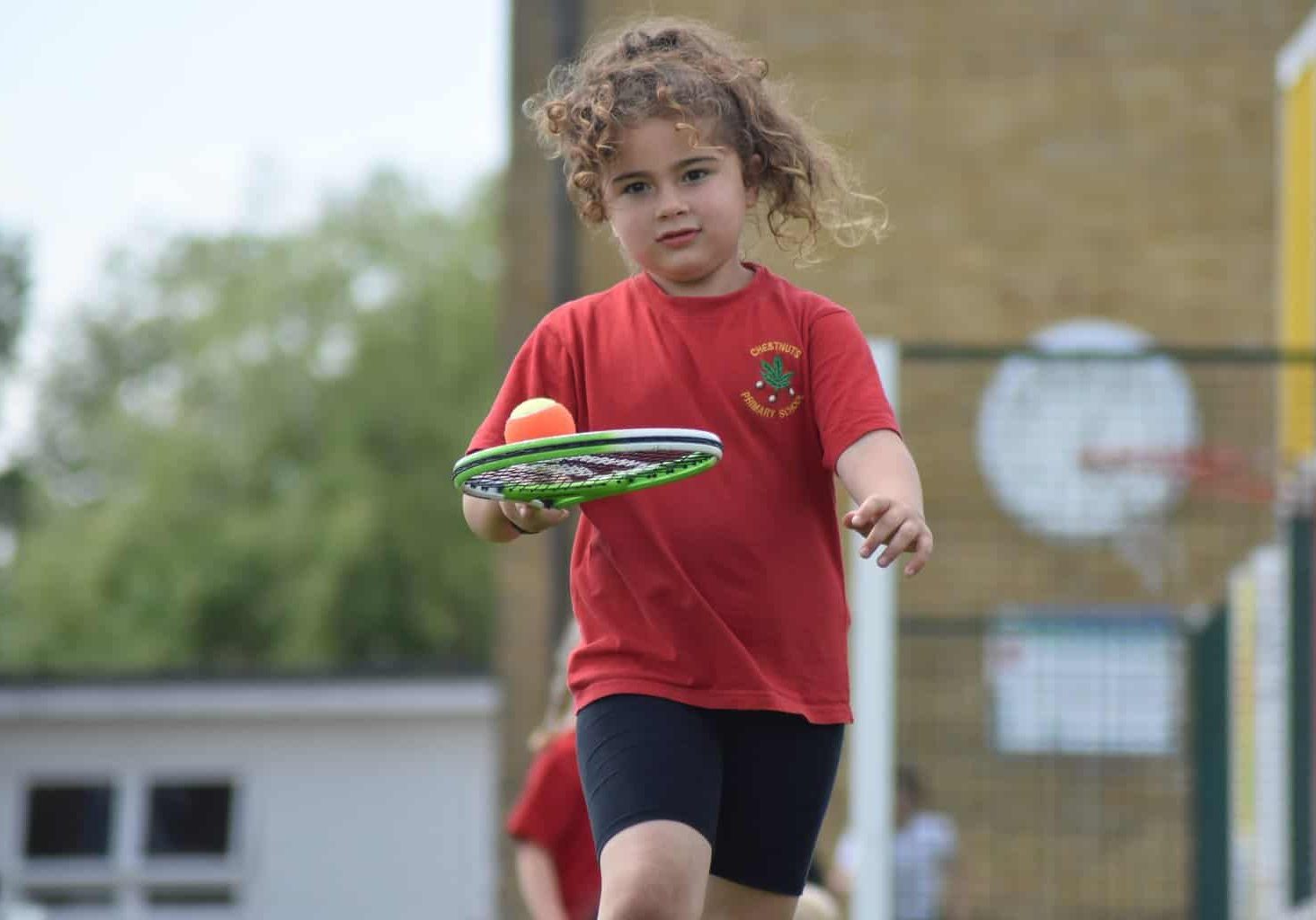
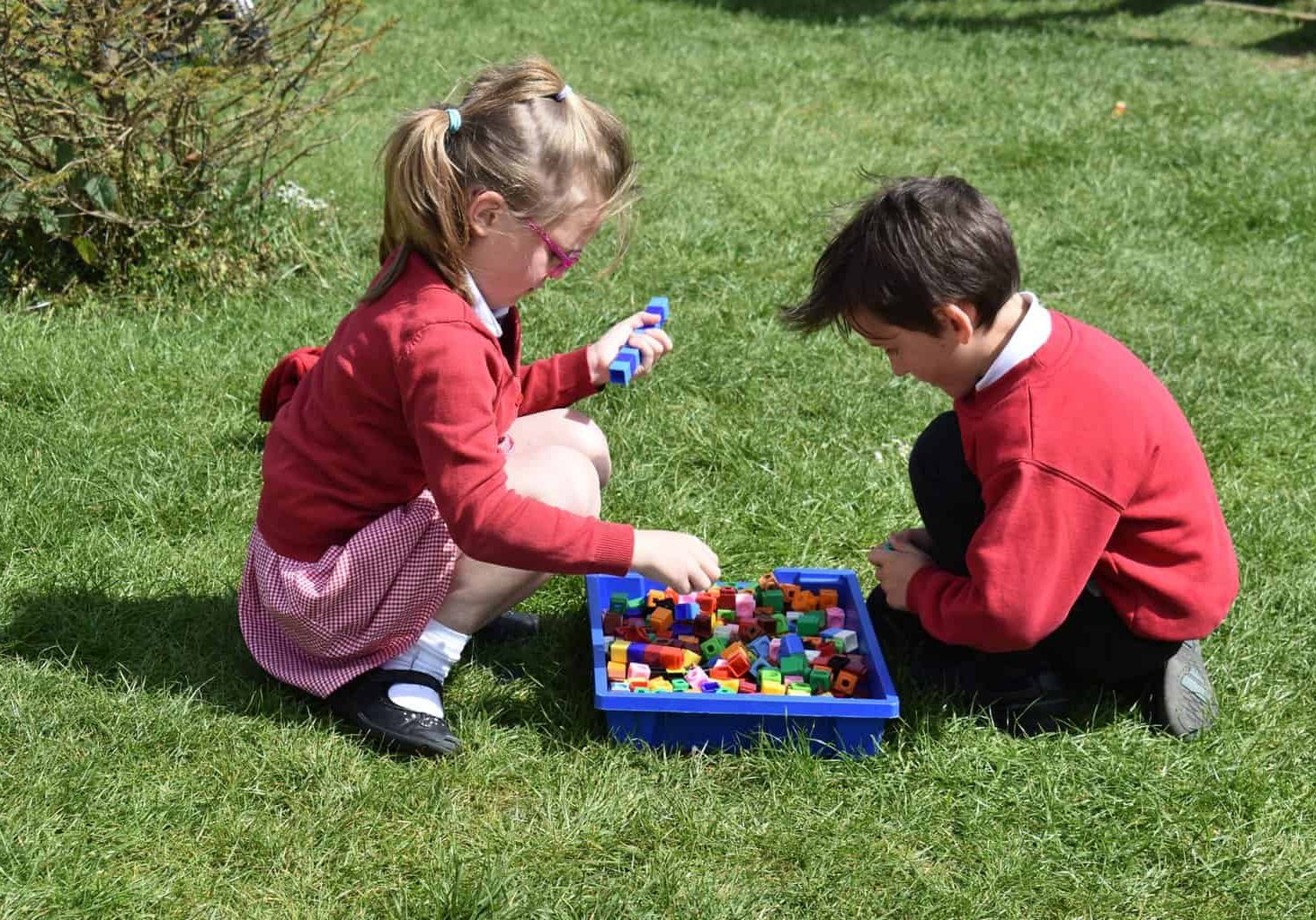
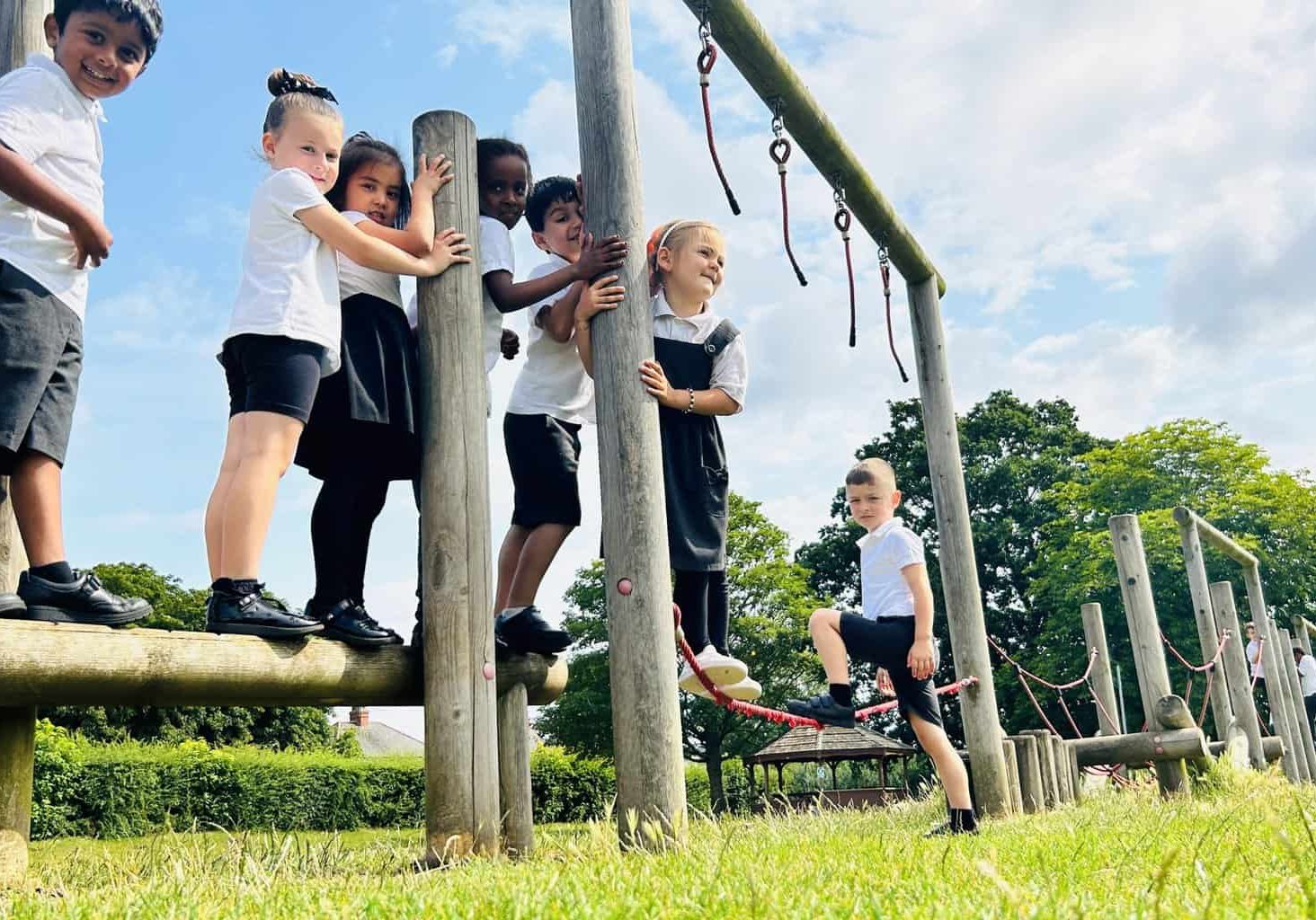
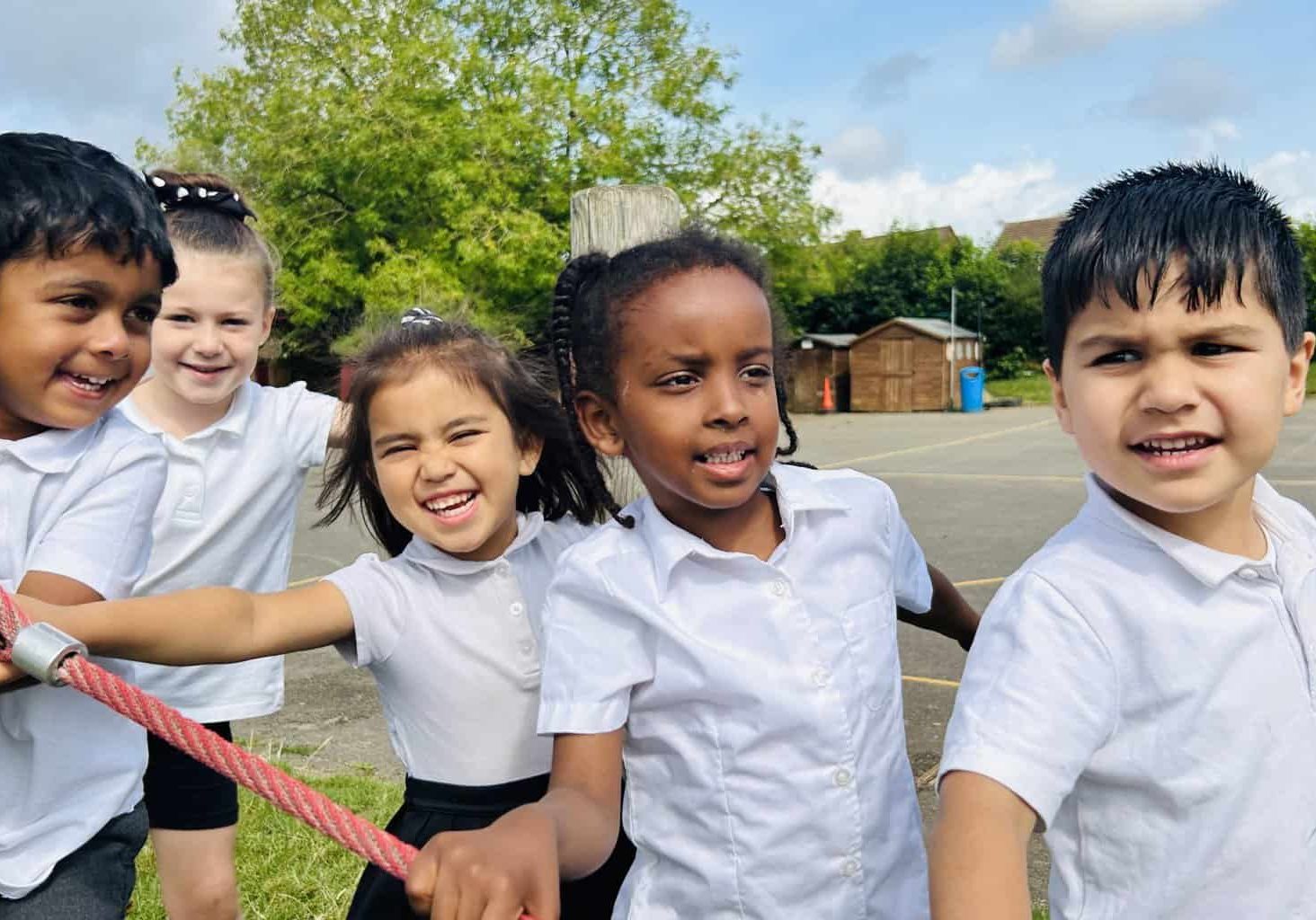
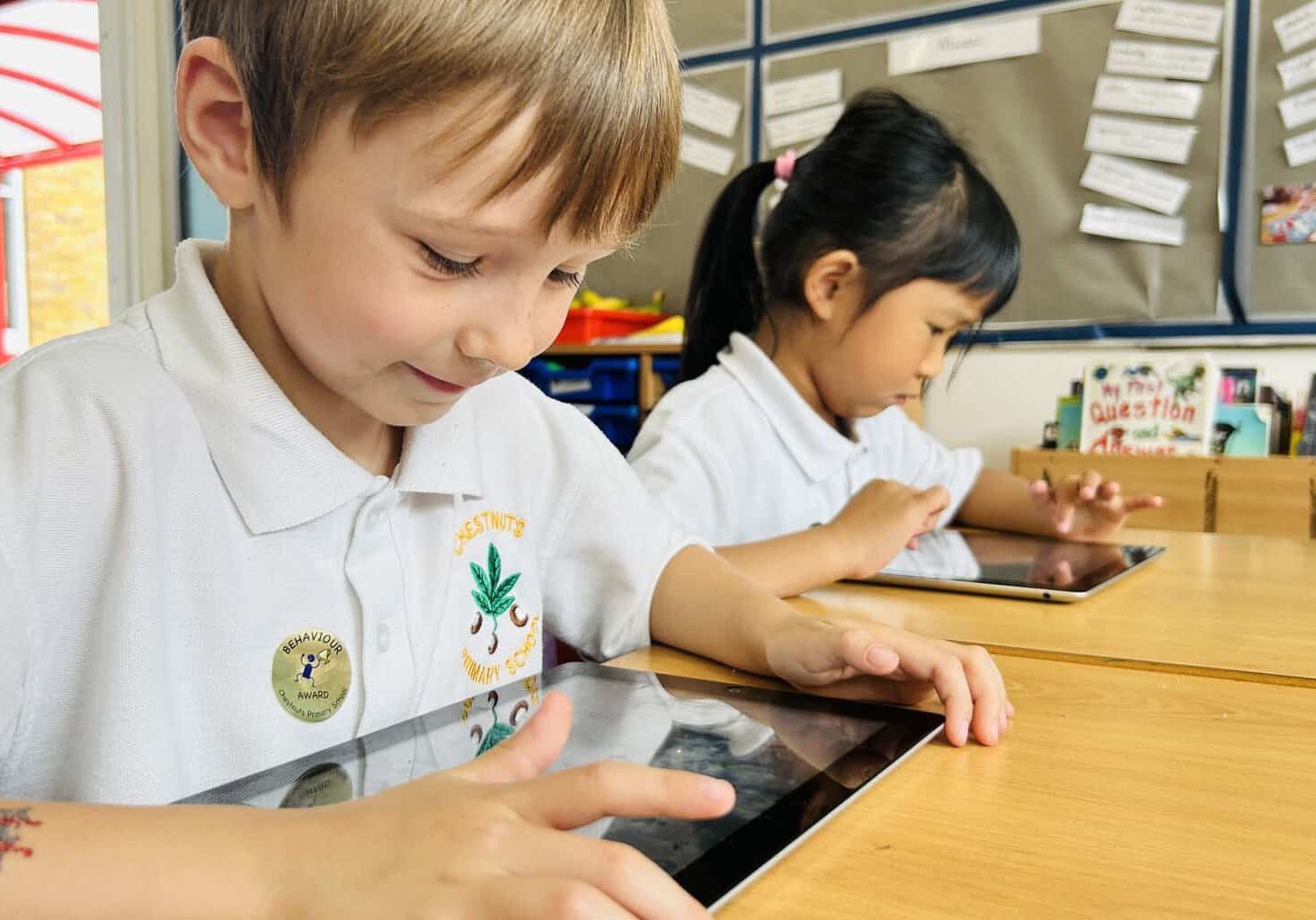
R.E
At Chestnuts, our progressive religious education curriculum teaches all our children to explore and embrace the differences and similarities between people, ideas and beliefs within the religions and the diversity they encounter in our multicultural community. We encourage a love for learning and enable our children to develop into positive and respectful global citizens. Through our curriculum, we provide the children with a knowledge and understanding of various religions and cultures; in Early Years, the children focus on celebrations within their own experience, in Key Stage One, the children then focus on Christianity and Judaism and in Key Stage Two, the children study Christianity, Islam and Hinduism. Our R.E. curriculum provides them with a firm basis on which to further develop their knowledge during their secondary education.
The R.E. curriculum at Chestnuts has been designed to follow a spiral curriculum, constantly revisiting and building upon the children’s previous knowledge and encouraging them to recognise the links between the key religions. Rooted in the science of learning, our curriculum also capitalises on links to other subject areas, allowing our children to make connections between the religions they study and their historical, geographical and artistic contexts.
Our R.E. lessons and activities focus on three main aspects of all faiths: belonging, believing and behaving. Within each strand, the knowledge the children acquire is progressive and builds on their previous learning. For example, in the strand of ‘Belonging’, the children begin in Early Years developing an understanding of who they are as individuals and explore the similarities and differences they have to others. Then, in Key Stage One, they progress onto learning about individuals belonging to a Christian or a Jewish family and community. They explore how worship and celebrations are used to show that people belong to their chosen faith. Finally, through Key Stage Two, the children explore more deeply what it means to belong within the faiths of Christianity, Hinduism and Islam, understanding people’s worship, important celebrations and the beliefs surrounding life after death rituals.
Through R.E. lessons, the children are provided with a range of different experiences to enhance their learning. These include handling artefacts, watching videos, listening to religious stories, learning about sacred texts, visits to places of worship and learning about religious celebrations and festivals. Not only will the children compare their findings and analyse the similarities and differences between various faiths, but they will also be encouraged to look at how their own experiences compare to the key themes within the R.E. curriculum. For example, the children will explore and discuss religion within the family, celebrations and faith within the wider community; themes which are also evident in our Jigsaw curriculum. They are also encouraged to share their views confidently, as well as develop a tolerance of others’ opinions.
We ensure that all children at Chestnuts are given opportunities to develop respect for the beliefs, views and opinions of others; to take care of the environment and the world around them; to be free from prejudice, think critically and challenge stereotypes; to take part in discussions and be listened to; to understand the rules of society and why we need them; and to have a sense of belonging within school and the community.
